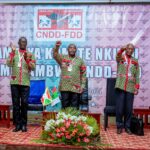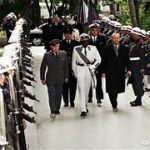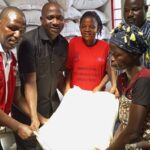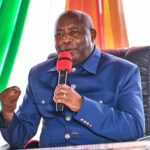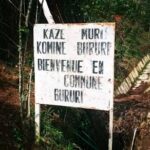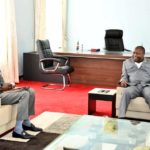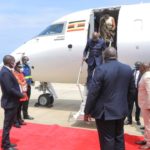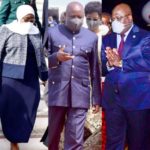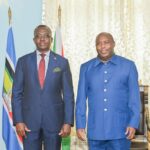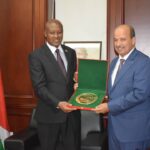On December 28, 2015, President Museveni launched the Burundi peace talks. It is good that someone somewhere is trying to resolve the Burundi conflict.
On that day, I honoured an invite to appear on Radio One’s Spectrum Show hosted by Edmond Kizito. The discussion was on Burundi.
An audio clip of President Museveni’s remarks at the launch of the peace talks was run. And oh boy, Museveni’s remarks were just not ‘it’. When he said he would carry out investigations into the arbitrary killings in Bujumbura, I knew something was gravely wrong.
Later, an expert was quoted as saying ‘there is need for reviewing the Arusha Peace Agreement…’ Matters were compounded when NTV’s Luganda news bulletin reported that president Pierre Nkurunziza changed the constitution to run for third term of office. Duh!
But what scandalised me was that President Museveni seemed to be pushing for a ‘government of national unity’ thereby betraying his near-complete lack of understanding of Burundi’s body politic.
Power in Burundi is constitutionally shared. The Burundi government must be composed of 60 per cent Hutu and 40 per cent Tutsi. And the main vehicle to access these ethnic-based percentages is political organisations.
My conclusion is that President Museveni’s effort to resolve the Burundi conflict is headed for disaster because he is not being well-briefed. And I have a strong fear that these negotiations may end up like those between the DRC government and rebel M23.
President Museveni needs to first know the cause, justification and the people behind the problems in Burundi.
Are the problems caused by President Nkurunziza’s running for a third term of office? Was his candidature unconstitutional? Since all the major political parties are now in government, what political interests do the armed groups represent?
Does opposition to Nkurunziza’s third term justify armed rebellion? Is the so-called political opposition challenging the constitutional court ruling that okayed Nkurunziza’s candidature?
The truth is that there is a group of military adventurists whose singular objective is a power grab. First, there were organised protest marches in the city, then a failed military coup and now an armed ‘rebellion’.
It is wrong to give these gunmen any kind of political platform (national or regional) on which to strut for the cameras because they clearly don’t represent any nationalist political interest or any broader ideological pursuit.
The other truth is that the so-called opposition politicians who met at State House Entebbe on Monday were merely taking advantage of the situation for selfish political gain. And their demands are a clear testimony of this assessment.
The most reasonably political of demands by so-called political opposition is that Article 129 of the constitution be amended to allow political parties who get less than five per cent of the votes to join government (cabinet).
Article 129 (English Text) read in part: The Government is open to all the ethnic components.

